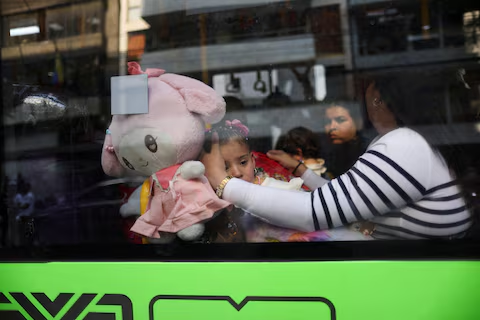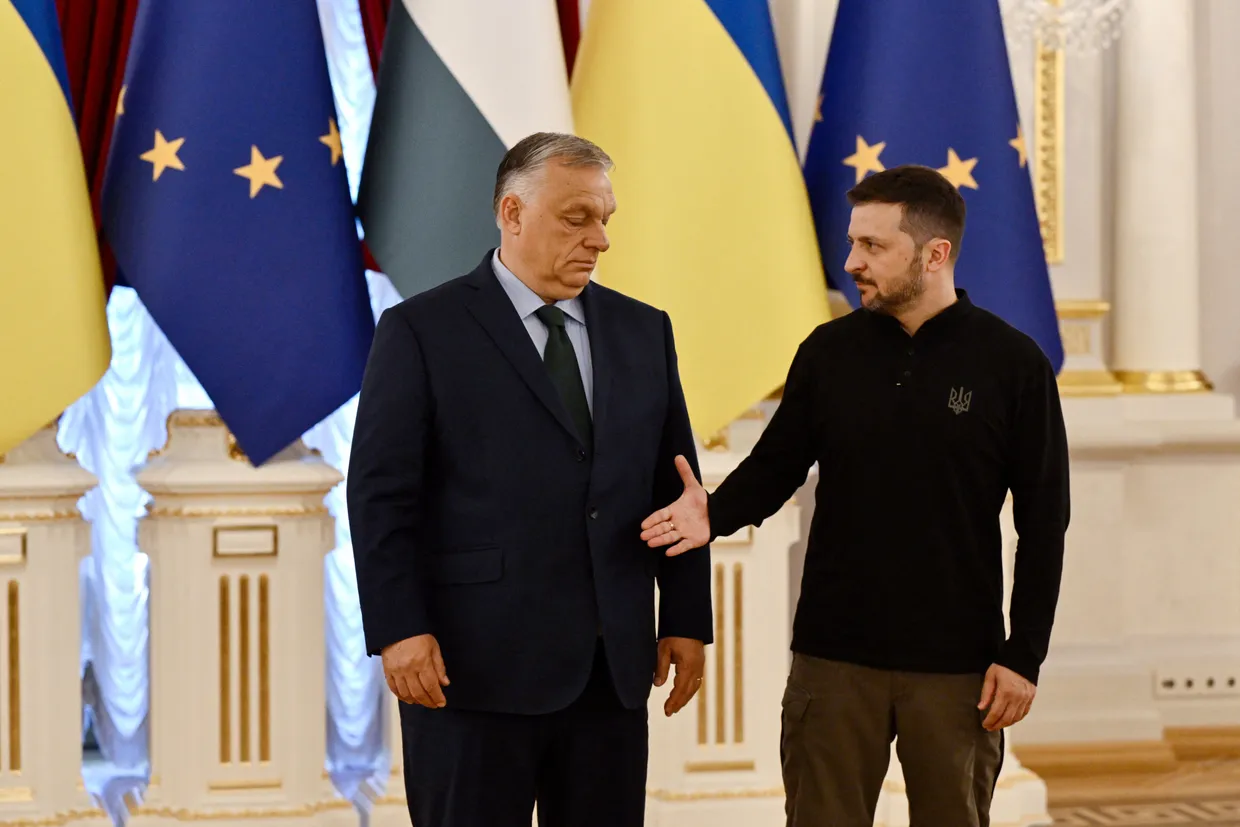GAZA CITY — On May 3, 2025, The Gaza Strip is facing an unprecedented humanitarian crisis as at least 57 Palestinians, predominantly children, the elderly, and the chronically ill, have died from starvation due to Israel’s comprehensive blockade. This blockade, now entering its third month, has severely restricted the entry of essential supplies, including food, water, and medical aid, exacerbating the dire conditions for Gaza’s 2.3 million residents.
Gaza’s Government Media Office reported that the blockade has led to a critical shortage of basic necessities, with the most vulnerable populations bearing the brunt. The office condemned the use of starvation as a method of warfare and called upon the international community to pressure Israel into reopening border crossings to allow humanitarian aid.
Blockade and Aid Restrictions
Since March 2, 2025, Israel has enforced a total blockade on Gaza, halting the entry of food, fuel, and medical supplies. This action followed the collapse of a ceasefire agreement and has been accompanied by intensified military operations. The blockade has resulted in the accumulation of aid trucks at the Rafah border crossing with Egypt, unable to deliver their cargo to those in need.
Humanitarian organizations report that community kitchens have ceased operations due to the lack of supplies, and hospitals are operating with critically low resources. Suhaib al-Hams, director of the Kuwaiti Hospital in Rafah, stated that medical services are experiencing acute shortages in more than 75% of essential medicines, warning that most medical services will cease without immediate intervention.
Impact on Children and Vulnerable Populations
The blockade’s effects have been particularly devastating for children. UNICEF reports a growing risk of starvation, illness, and death among Gaza’s children as food and aid deliveries remain barred.
One of the latest victims is a five-year-old boy, Osama al-Raqab, whose cystic fibrosis has worsened due to the lack of meat, fish, and enzyme tablets necessary for his digestion. His mother reports that his condition has deteriorated significantly since the onset of the blockade.
Additionally, a baby girl named Janan Saleh al-Sakafi died of malnutrition and dehydration in Rantisi Hospital, highlighting the severe impact on infants and the urgent need for nutritional support.
International Response and Calls for Action
The international community has expressed deep concern over the humanitarian situation in Gaza. Human rights organizations and aid agencies are calling for an immediate ceasefire and the reopening of border crossings to allow the flow of humanitarian aid. They emphasize that the use of starvation as a weapon of war is a violation of international law and humanitarian principles.
Despite these calls, the Israeli government maintains that the blockade is necessary for security reasons, aiming to weaken Hamas’s capabilities. However, critics argue that the blockade disproportionately affects civilians and exacerbates the humanitarian crisis.
Conclusion
The situation in Gaza continues to deteriorate, with the death toll from starvation rising and essential services on the brink of collapse. Immediate international intervention is crucial to prevent further loss of life and to address the urgent humanitarian needs of the population.
Source; Al Jazeera



